Cramped, weightless, swaying. I carried these words with me as I left the Mayflower session last Thursday and journeyed home. Well not home, but to my friend’s place where I am staying for the duration of my internship here at Bubble. For me, home is oceans away, at the bottom of the largest island, Australia. Although I wasn’t crammed into the lower deck of a trade ship in the 17th century, overcome with stink, sick, and prayer, the 30 hour journey I took to come here gave me plenty to draw upon during the workshop.
We started the session with an introduction game, building connection with two other participants, and a brief recount of the history of the Mayflower for newcomers like me. In Australia, we aren’t taught about the Mayflower voyage, but we do study migrations such as the convicts and outcasts that my ancestors come from, and the many other beginnings of our multicultural society.
Following this, Georgia led us through a series of mindfulness and sensory exercises. With eyes closed we drew attention to every part of our bodies, then explored outwards. Listening to our environment, passing around two coastal objects, and smelling citrus, we were transported to the feelings of being far out at sea and away from the warm light of the rehearsal room. Whilst we were able to draw on these feelings, we were introduced to Hashem’s story, a Syrian refugee whose journey is described in ‘The New Odyssey’ by Patrick Kingsley. In smaller groups we took a section to act out as a scene or tableau. Watching the other groups’ interpretations of the rollercoaster of events in this story I was inspired by the sense of community in the group and on the migrant boats; everyone working together to ensure the journey is a safe and successful one.
As I have learnt more and more about the voyage I have grown a sense of connection to the passengers, as I am sure many other participants have. I felt the same when I was involved in a similar project about the 1919 Air Race from England to Australia. The more you learn about the details of such a voyage, and you question the motivation of the passengers, you begin to relate to them. Spending so much time imagining the lives of these people evokes a sense of comradery, community and compassion for someone who you have no way of actually meeting or knowing.
To bring the work we were doing back to the Mayflower, Georgia read some excerpts about the conditions on board the ship, and sea voyages;
“as [historian] David Cressy has written ‘the ship became a liminal space, floating free of conventional considerations’. Voyagers bonded in the cramped spaced space and emerged ready to face change and a new beginning. In some ways it was like a form of birth, as it is for immigrants everywhere.” (The Mayflower Generation, by Rebecca Fraser)
We brought it all together by writing journal entries from a day on board the ship. I chose to avoid tying my character to any one particular passenger and instead imagined myself as an anonymous ‘stranger’. I had been dwelling on the passage of time and the physical stress on the body from a reference in Hashem’s story and my experience of the long journey from Melbourne to London, so chose to explore this.
17th November 1620
The journey is long and I am tired.
My body is freezing and seizing and I can’t seem to relieve the tension.
My ankles are full and numb, yet the pain is immense. My hips won’t move and I can’t straighten out my back or neck. And yet my body is almost weightless.
The swaying of the boat and the sound of sea and wind holds me. My mind can only focus on either the outside or inside my body.
And all the pilgrims do is pray, day and night.
Over and over and over and over.
